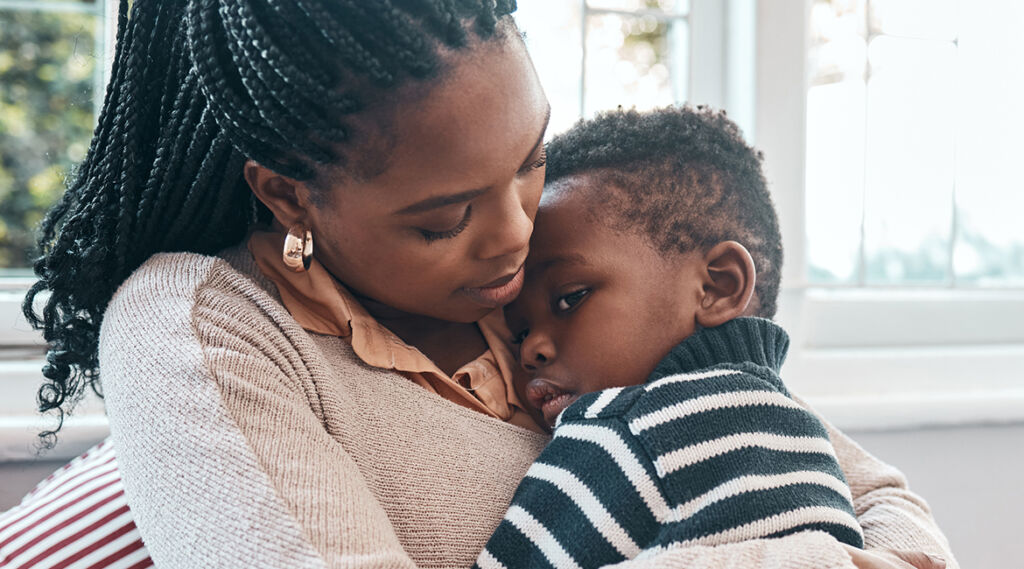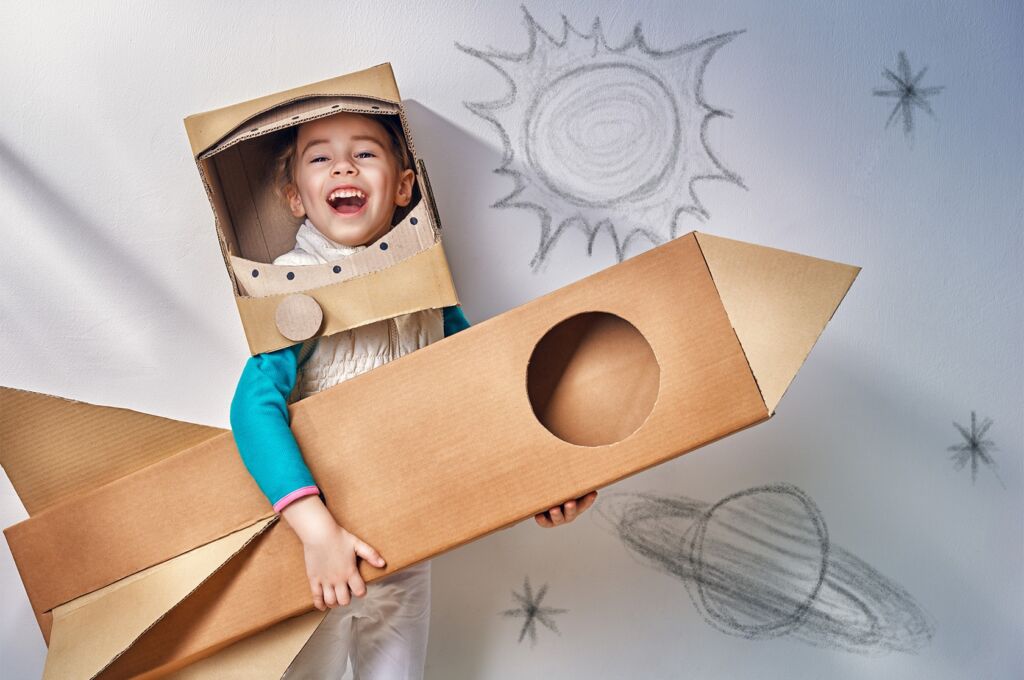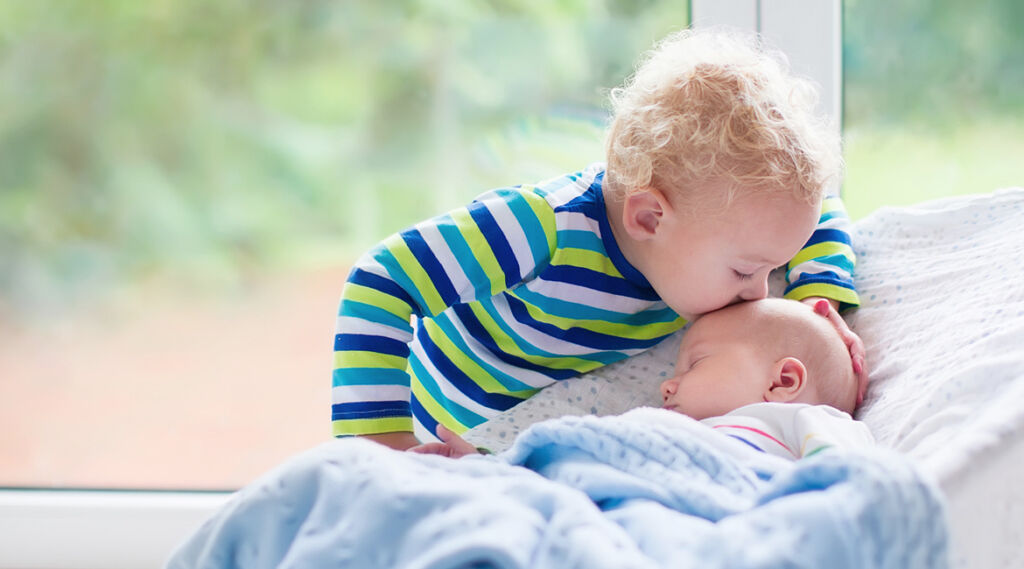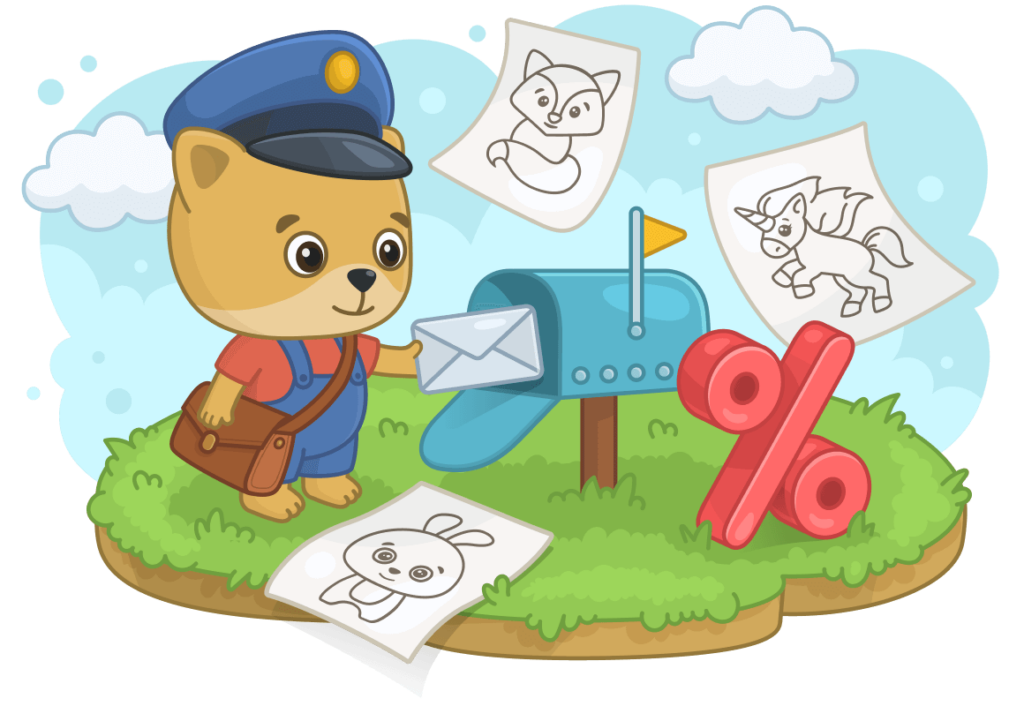In the world of preschoolers, music isn’t just fun–it’s magic! These little ones are curious explorers with endless energy. Music is about more than making noise for children. For these little ones, music is expression, it is imagination, it is friendship, and it is education. When a preschooler is engaged with music, s/he is learning melody, harmony, rhythm, and dynamics. Music is also the secret ingredient to learning every other subject in school. Why? Music makes learning fun!
Incorporating music into education early on fosters the development of the ‘whole child’–meaning it addresses academic, physical, mental, and emotional milestones. From the very early stages of development, exposure to music stimulates passageways in the brain that lay the foundation for language acquisition, spatial relational, and mathematics abilities. Music offers a unique path for self-expression and emotional exploration. Music helps children put their feelings into words. By integrating music into education, especially during the toddler and preschool years, we cultivate an appreciation of the arts as well as equip children to thrive in a diverse and interconnected world.
How Does Music Help Kids Learn?
Music promotes brain development by stimulating several areas of the brain. Engaging with music improves memory skills as children learn lyrics and melodies. It can also improve spatial relations through fun musical games, playing instruments, and moving to the beat.
Young children also benefit from increased social skills, collaboration, and cooperation mastery. Preschoolers often participate in group singing or musical games, which teach them to take turns, listen to others, and work together towards a common goal.
Fun Musical Games For Children
Musical games for kids are an adventure that combines learning and fun! Some of the oldest music games are Musical Chairs and Freeze Dance, and they can be enjoyed by children of all ages. Children simply need to understand that concept of moving when they hear music, and stopping (and possibly sitting) when there is silence.
Another idea is to play ‘Musical Hot Potato.’ Children sit in a circle with crossed legs. While the music plays, they pass a ball carefully. When the music stops, the child left holding the ball takes a turn in the center.
Your artistic little ones will love Musical Drawing. Fold a piece of paper into four sections. For each section, play two minutes of a piece of music. Children will choose the colors they feel best reflect the mood of the music–and draw whatever moves them. Choose music that captures different emotions; excited, angry, serene, sleepy, and so on.
Online Musical Games for Preschoolers
Have you visited Bimi Boo Academy? The Academy is full of educational games for children under 6, designed by experts. There are over 1700 activities for children, and the app teaches letters, numbers, animals, plants, shapes, colors, professions, weather. Food, dinosaurs, transportation, directions, and more! Bimi Boo Kids products incorporate music into their learning experiences to aid in memory retention and brain function.
Bimi Boo Toddler Instruments, available from Amazon, is the perfect way to engage your little maestro in music performance! This set of three instruments develops rhythmic development and inspires imaginative, creative play. These instruments are made of wood and are built to withstand enthusiastic play. This set makes a wonderful gift!
Bimi Boo Kids also has amazing Baby Learning Games that incorporate music. This collection of learning games, built for children ages 2-5, teaches visual perception skills, fine motor skills, logic, reasoning, coordination, and memory through fun and engaging musical games.
The Bimi Boo Piano Piano for Kids and Toddlers App is another great way to engage your child in musical games. Learning to navigate a piano keyboard has many benefits for a little brain:
- Using the piano keyboard stimulates memory and cognitive development
- Playing the piano enhances a child’s understanding of beats, patterns, and rhythms
- Learning the piano involves a musical language, which develops the linguistic center of the young brain
- Understanding an instrument at any age requires patience, focus, and discipline; each of these is more fun to practice with music
- Engaging with the piano keyboard boosts children’s self-esteem, confidence, and connection with emotions
This Bimi Boo Baby Piano for Kids and Toddlers game features five entertaining learning games appropriate for children ages 1-6, and inspires creativity, develops an ear for music, and encourages fine motor skill practice. Bimi Boo Baby Piano for Kids and Toddlers is perfect for preschoolers and pre kindergarten children, and is especially helpful for children with developmental disorders like autism. The app is simple yet intuitive. It has been reviewed by parents as an “excellent experience,” “a great learning game,” and “EPIC!”
Musical Series for Children
Learning music and songs when young is an important way to begin a child’s educational journey. There are many benefits to incorporating music into early childhood education.
Young children who begin their education with music show higher fact retention than for those who do not. Studies show that pairing information with melody makes it easier to remember. Children in preschool are learning the basic building blocks to higher order thinking; these include the letters of the alphabet, numbers, the days of the week, the months of the year, seasons, and weather. Preschool teachers often set these topics to simple melodies, to make this information easier for children to retain.
These songs also prepare students for literacy. Phonological awareness, or the ability to recognize sounds in words, is often rooted in the rhythms of music. Singing, using elementary instruments, and playing music games will reinforce these early literacy skills.
In turn, building literacy encourages language development. Songs help children learn new vocabulary, sentence structure, and grammar in a fun and engaging way. Songs also help children learn grammar and spelling.
When music is incorporated into childhood education, children learn to easily take turns and listen to directions. This is essential for peer to peer and social development. Learning with songs in childhood also promotes emotional regulation. Singing to babies is soothing–this remains true throughout childhood. Lively songs boost energy and mood.
Songs used in early education can also expose children to cultures. Musical traditions help children appreciate cultural diversity. In our increasingly interconnected world, understanding different cultures is necessary to raise good global citizens. Exposing children to different musical traditions is a wonderful way for them to develop a sense of belonging to a broader human community. This also encourages children to be accepting and culturally competent.
Where can you find a musical series to obtain all of these benefits for your child? Get ready for a musical adventure with Bimi Boo and his friends at Bimi Boo’s Early Learning Songs on YouTube! These educational songs are entertaining and engaging for children aged 1-5, and include cartoons, nursery rhythms, and knowledge filled journeys. With classics like “The Wheels on the Bus,” “Twinkle Twinkle Little Star,” and “Rain Rain Go Away,” to the Bimi Boo Theme Song, your child will dance and learn with these educational songs. These songs will inspire hours of imaginative play.
Bimi Boo’s Early Learning Songs will take your child on an exciting learning adventure. Together you will explore new worlds, and discover the wonders of learning through music. When you subscribe you will see new videos every week!
Music is incredibly important and beneficial when incorporated into early childhood development. Music helps children academically, socially, emotionally, and physically. By introducing music into children’s environments, we spark a child’s curiosity, engage creativity, and start them on a path to lifelong learning. Embracing music in child development equips children with essential skills for success in school and beyond.
Debra Kidder
Certified Online Educator K-16
Co-author of Distance Learning Workbook
B.A. in Education, M.A. in Literature



